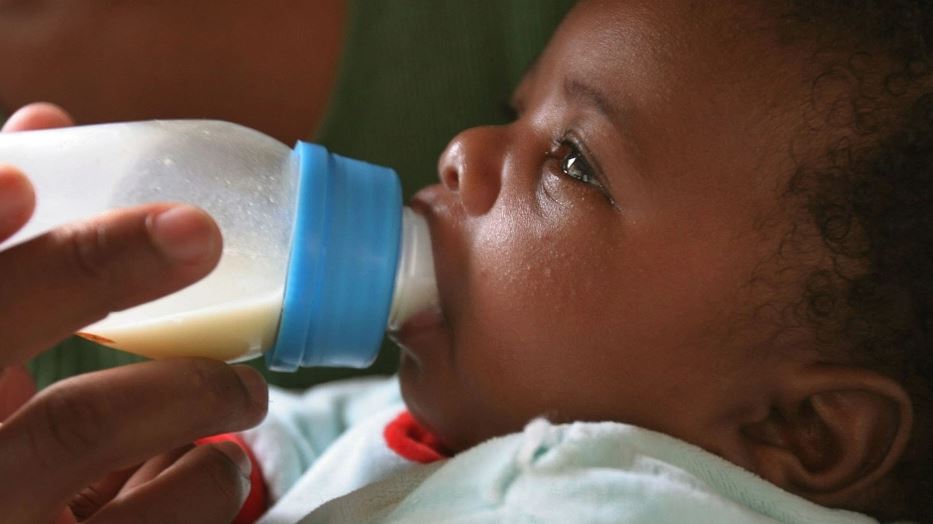What the Baby Formula Shortage Means for Black Mothers

The nationwide formula shortage has persisted for months but the issue has become much more severe over the past few weeks.
It’s left families all over the country grappling with how to feed their infants, and it’s Black women who are most likely to use formula. The lack of formula also impacts young children with food allergies.

Supply chain demands are the root of the current shortage, and a recall from Abbott – a major baby formula supplier that produces the Similac brand – due to contamination worsened the blow.
Between November 2021 and April 2022, the out-of-stock rate jumped to 31% from between 2 and 8% in the first half of 2021, according to Datasembly.
Seven states were struggling with 40-50% out-of-stock rates by the end of April; now, 26 states are experiencing major shortages.
Retailers such as Walgreens and Target are limiting customers to three or four units.
While lawmakers plan to hold a hearing on May 25 to discuss how to increase formula production, parents are still having to make hours-long drives in hopes of finding baby formula.
In the United States, Black women use formula at higher rates than white women. Black children also suffer from conditions and diseases, such as recurring ear infections, linked to powder formula.
There are many factors attributing to a Black mother’s constricted feeding choices, including the barriers leading to their lower breastfeed rates.
If your infant isn’t on a specialized formula, consider a generic brand if available. Mix a little of it with the former brand to introduce it to your baby.
Talk to your pediatrician about receiving any samples the office may have. Healthcare professionals do not recommend watering down formula to stretch it or attempting to make your own. Both could result in illness.
